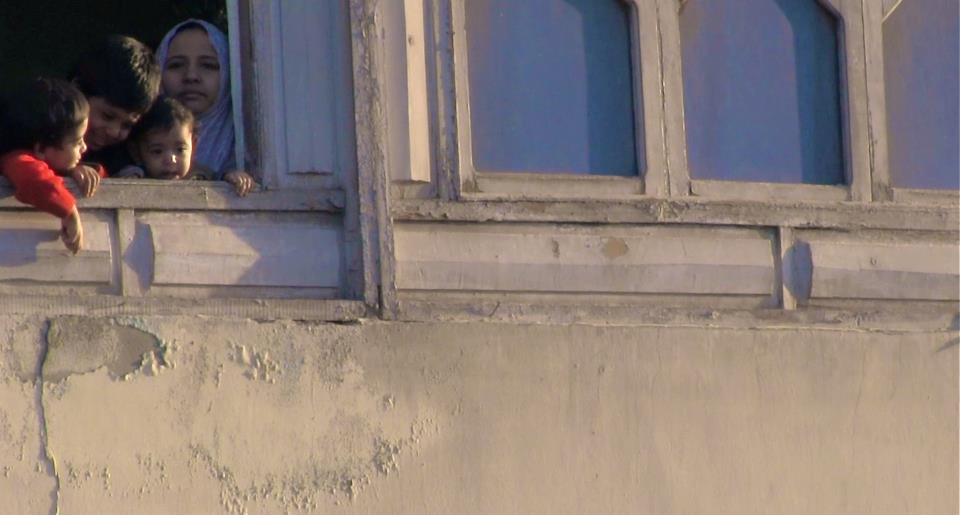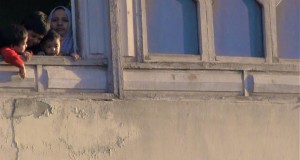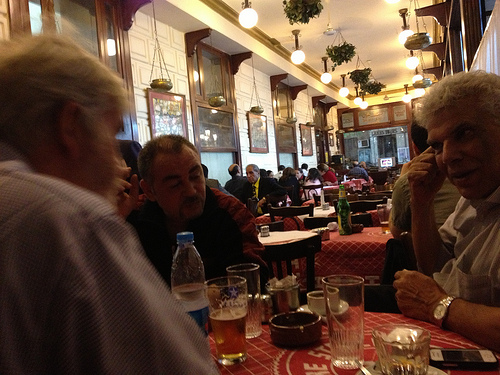This week I find myself in the Northeast of the United States, home for the holidays and also to process all the audio, video, and photos from the Middle East – North Africa journey. Being back in the US means being subjected to the local and national media context, which makes American stories seem larger than life, and Egypt feel like another planet. At holiday gatherings and reunions with old friends I am often asked things like “So is it all falling apart in Egypt or what?” Sometimes its put in nicer terms, but the tone is most often one of skepticism and as if their minds have already been made up about what is happening in that part of the world.
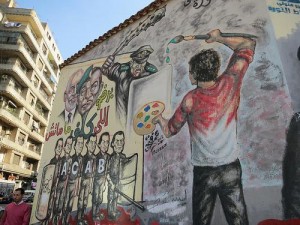
In the American press I see the other standard reaction towards the events taking place in Egypt, including conclusions about what took place in the weeks that I was in Tahrir Square – the revolution has been hijacked, a new dictatorship has emerged, the opposition is falling apart. When I read and hear such analysis, by both intelligent and less well-informed individuals, I again feel like I left Egypt and landed on another planet. In this world everything has to fit into categories and boxes. There are either winners or losers. Things are either successes or failures. So whatever those countries are going through, they must fit into one of these easy to understand categories.
What I wish most is that I could, even beyond my work here on the website and on radio open source, show them examples of the changes that have taken root on the personal level in Egypt and Tunisia. (and beyond I suspect) It never makes it into headlines or fancy mainstream news analysis, that metro workers went on strike last month, an action that would be unthinkable under the dictatorship. Women, long plagued by street harassment and oppression at home, are now organizing themselves to adopt tactics to neutralize such harassment and get out of abusive situations. Lower class people, long barred from ever working in higher skill and prestige jobs, are starting to demand equal opportunity and an end to prejudice based on what your father’s profession is. The list is actually much longer than this, but in my many conversations over the course of three weeks in Cairo, it was impossible to avoid stories of individuals carrying out personal rebellions against an old and oppressive tradition.
Is the process complete and successful? Are the oppressed finally getting the justice they deserved? No. Sadly, these changes are slow to reach everyone and there is no guarantee that they will take hold for everyone everywhere. Is there resentment and push-back from those who don’t want to see these changes come to fruition? Yes. Many people fear what is to come and would prefer to keep things the way they were. But beyond all of this, no matter what happens in the future or what is happening now, something has changed in Egypt and that something is the individual mindset. And as so many people reminded us, over and over, once you reach this change and start thinking like a free person, there is no going back.
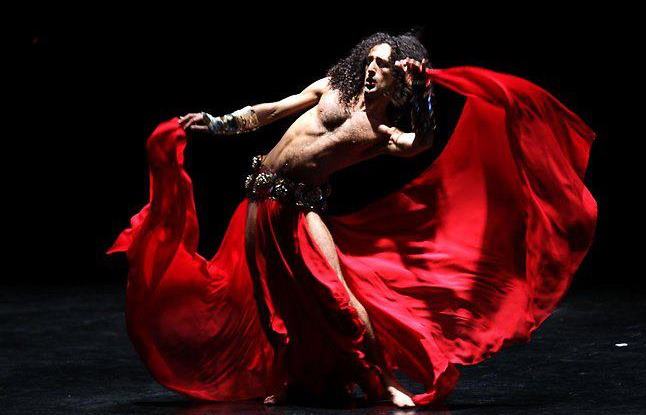
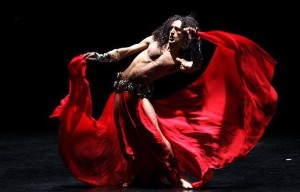
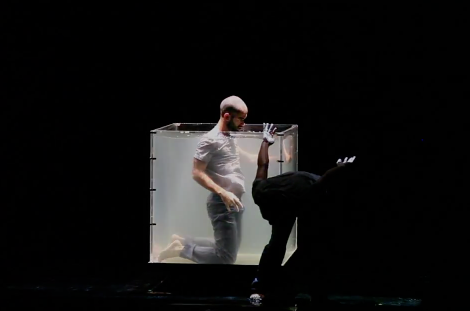
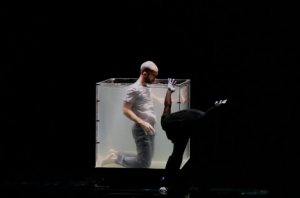
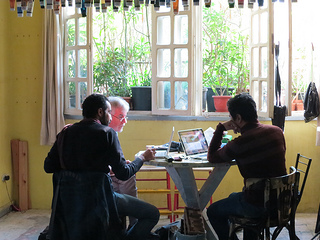
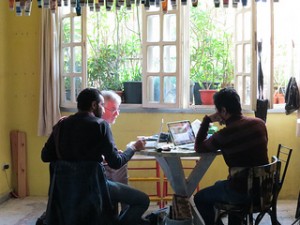
 We’ve wandered into an artists’ studio where every friday a group of friends gather in what they describe as a weekly ritual of conversation and camaraderie. And despite our presence disrupting the usual flow of conversation, the group is pleased to have us and we are each immediately greeted with explanations and examples of their work. The youngest among them is 22 years old and she shows me her interactive art installations that focus on surveillance culture. She clicks through the images and explains how it works and where it is on display now. “If I had known you were coming I would have brought my marionettes” she later tells me. Meanwhile one by one they explain their work and their feelings about the past two years. In the difficult events at Tahrir in 2011, they lost friends, including one of their regular colleagues of the Friday open studio, who was killed by a sniper. They speak about him and how they lived those days, all of them at the square of course, where they still return to as part of the Friday ritual. “We will have tea, finish our discussions, and head over to Tahrir later today,” we were told several times.
We’ve wandered into an artists’ studio where every friday a group of friends gather in what they describe as a weekly ritual of conversation and camaraderie. And despite our presence disrupting the usual flow of conversation, the group is pleased to have us and we are each immediately greeted with explanations and examples of their work. The youngest among them is 22 years old and she shows me her interactive art installations that focus on surveillance culture. She clicks through the images and explains how it works and where it is on display now. “If I had known you were coming I would have brought my marionettes” she later tells me. Meanwhile one by one they explain their work and their feelings about the past two years. In the difficult events at Tahrir in 2011, they lost friends, including one of their regular colleagues of the Friday open studio, who was killed by a sniper. They speak about him and how they lived those days, all of them at the square of course, where they still return to as part of the Friday ritual. “We will have tea, finish our discussions, and head over to Tahrir later today,” we were told several times.